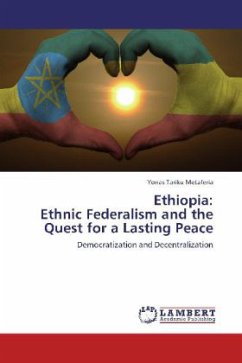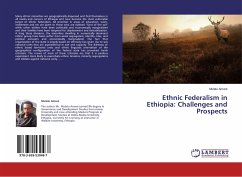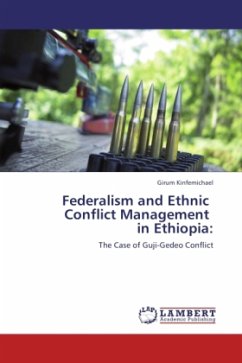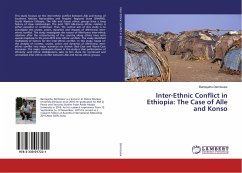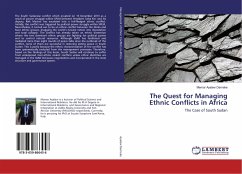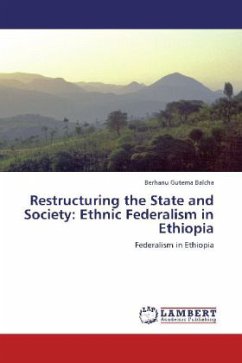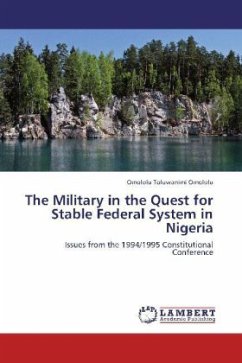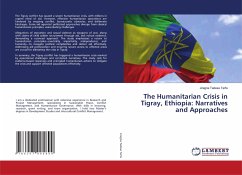Following seventeen years of a protracted civil war that ended in 1991, constitutional devolution of political power along ethno-linguistic lines has been underway in Ethiopia. This mode of devolving power to the various tiers of government is generally referred to as ethnic (or ethnic-based) federalism. It has been a unique and quite controversial way of restructuring the state. Nevertheless, what makes it more contentious is that the federal constitution does not only devolve political powers along ethno-linguistic lines but it also incorporates the right to self-determination up to and including secession as its fundamental precept. This book examines and analyzes why ethnic federalism is adopted in Ethiopia, and explores how and in what ways this type of federal arrangement could be linked to issues of peace and conflict. To this end, the book, based on the ongoing experiment in Ethiopia, delves deep into the debates, risks and opportunities associated with ethnic federalism.This book can serve as a brief reference for those wishing to know about the what , why and how of Ethiopia s ethnic-based federalism.

